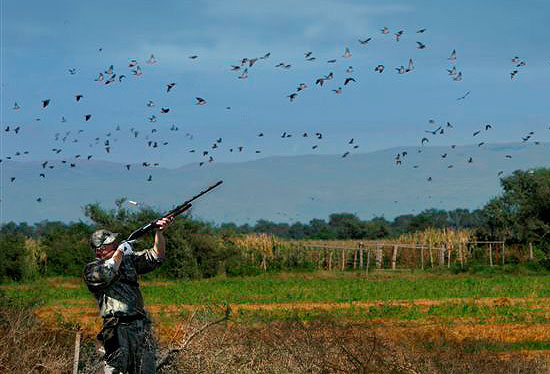
Many Americans don’t know it, but North American wildlife, woods, and waters have been managed, conserved, and protected for many decades primarily because hunters have pushed for it–and helped pay for it. In 1938, Congress created the Pittman-Robertson/Wildlife Restoration federal aid program. In 1950, federal lawmakers followed up with the Dingell-Johnson/Sport Fish Restoration program. Since then, federal taxes on sporting goods created by these laws have provided $9.5 billion for state-based wildlife conservation. This highly successful conservation model has made possible the restoration and management of deer, turkey, game fish and a host of other game animals, many of which have come back from severe depletion around 1900 to record abundance today. By focusing on the habitat that sustains all wildlife, hunter-driven conservation has also benefited threatened and endangered species and nongame animals. It is only recently that non-hunters have come to appreciate the economic impact of hunting.
The economic impact of hunting is big. Texas hunters are a major economic force, with an annual economic impact of more than $4.6 billion. Sportsmen support more than twice the jobs in Texas than Dell Computer Corp., Lockheed Martin, Electronic Data Systems and Dow Chemical Co. combined (106,000 jobs vs. 49,000). In 2006, there were 1.1 million hunters (residents and nonresidents), hunting a total of 14 million days in Texas. Of the total hunters in Texas, 978,697 were state residents and 122,589 were nonresidents. Continue reading Economic Impact of Hunting in Texas
